For nine months, you’ve most likely avoided certain foods to ensure the well-being of your baby. But now that your little one has arrived, it might be tempting to give in to your cravings and sudden hunger urges. However, your dietary choices can still directly impact your baby’s health and development while breastfeeding. Learn about certain foods and beverages that could affect your baby through your breast milk.
Major Foods and Beverages to Limit or Avoid
1. Coffee and tea
Many mums are tempted to fetch a cup of coffee for a quick energy boost or tea for a moment of relaxation during the demanding days of breastfeeding. Only about 1% of caffeine gets into the breast milk and is not enough to negatively impact most babies [1]. However, for the safest approach, it is generally recommended to limit caffeine intake to about 300 milligrams a day, which is equivalent to 2-3 cups of coffee.
Caffeine levels in breast milk are typically the highest approximately 1-2 hours after consumption. It’s best to wait until the caffeine levels have decreased before breastfeeding your baby again to avoid potential side effects.
Now, you may ask: what about decaf coffee? While it still has a small amount of caffeine in it, it is considered safer to consume than your regular coffee. However, decaf coffee is highly acidic and can affect the iron levels in breast milk. So, it’s best to still be mindful of consuming it while breastfeeding.
2. Chocolate
Chocolate contains small amounts of caffeine and theobromine, which is another stimulant similar to caffeine. However, not all chocolate contains equal amounts of these substances. Dark chocolate has the highest amounts of caffeine, while white contains the least to none. Milk chocolate, on the other hand, contains somewhere in between.

Because the babies’ digestive systems are still developing, too much theobromine may cause them restlessness, irritability, and wakefulness. It’s best to keep your chocolate consumption in check and indulge only moderately to avoid potential discomfort for your breastfeeding little bub.
3. Alcohol
Generally, consuming up to 1 standard alcoholic drink doesn’t harm the baby. However, going beyond the moderate level can pose a negative effect on an infant’s development and sleep patterns and even reduce the mum’s milk production.
Alcohol levels found in breast milk are usually at their highest 30-60 minutes upon consumption and can be detected for about 2-3 hours after a drink. And the more a mum consumes, the longer it takes for the alcohol to remain in the breast milk.
In Australia, one standard drink is equal to 10 grams of pure alcohol. All Australian alcoholic beverages contain the standard drinks they contain. Monitoring the standard drinks you’re consuming can help you monitor your alcohol intake and minimise the potential impact on breast milk [2].
4. High-Mercury Fish
Mercury is a metal that can be toxic, especially in individuals who are more prone to mercury poisoning, such as kids and babies [3]. It can transfer from a mum to her baby during pregnancy and even after birth through breastfeeding. Continuous exposure to high levels of mercury can permanently damage your bub’s cognition, motor skills, speech and language development, and visual-spatial awareness.
Some examples of high-mercury fish that should be avoided are:
-
King mackerel
-
Marlin
-
Shark
-
Swordfish
-
Tilefish
-
Orange roughy
-
Bigeye tuna

However, that doesn’t mean you’d have to forgo fish in your diet completely. Fish is a great source of docosahexaenoic acid (DHA) and eicosapentaenoic acid (EPA)—two omega-3 fatty acids essential for brain development in babies [4]. Here are some of the best choices that are best to eat 2-3 servings a week for their nutritional qualities:
-
Catfish
-
Crab
-
Clam
-
Flounder
-
Oyster
-
Sardine
-
Salmon
-
Shrimp
-
Scallop
-
Squid
5. Foods That Cause Gas or Bloating
Fibre is an essential component of a nutritious diet and can aid in regulating bowel movements and easing constipation in adults. However, certain fibre-rich foods can also contribute to gas in breastfed babies. Carbonated drinks such as soda and sparkling water can also introduce air into the digestive system, leading to gas and bloating.
Some of the foods you may want to avoid include:
-
Carbonated drinks
-
Brans, beans, cabbages
-
Dairy or milk products
-
Processed foods
6. Peppermint, Parsley, and Sage
These three herbs are considered anti-galactagogues, which means they can potentially reduce milk production. Limiting their use to flavour your food will not be a problem, but consuming too much of them may affect your milk supply and your overall breastfeeding journey.
7. Dairy Products (for Babies with Lactose Intolerance)
Lactose intolerance is not very common in babies. However, infants below the age of three can develop a congenital lactase deficiency in which they’re unable to break down the lactose in breast milk or formula.

Lactose is a sugar found in many milk and dairy products. However, there are milk substitutes you or your little one can indulge in without worrying about the risks or symptoms, such as soy and almond milk.
8. Peanuts and Tree Nuts (for Babies with Nut Allergies)
Peanut and tree nut allergies are common in Australia, especially in people who have other allergic conditions such as hay fever, asthma, and eczema. Usually, children with nut allergies only experience mild reactions. However, consuming peanuts and tree nuts, especially cashews, can lead to anaphylaxis, which is the most severe form of an allergic reaction and can be life-threatening [5].
Nuts are rich in nutrients including protein, healthy monounsaturated fats, iron, B and E vitamins, as well as carbohydrates—all of which are particularly important during the period when babies must meet high nutritional demands for their growth and development. Fortunately, there are many alternatives for peanuts you can include in your recipes:
-
Seeds (sunflower, pumpkin, flax, or hemp seeds)
-
Beans (soybeans, peas, or chickpeas)
-
Pretzels
9. Coca-Cola
A 12-ounce can of a regular Coca-Cola contains 32mg of caffeine, while a Diet Coke of the same size has 42mg. [6] Some of that caffeine can pass through the breast milk, which your little one can consume. Unlike adults, babies are not capable of breaking down caffeine. When large amounts of caffeine accumulate in their system, babies may be irritable, fussy, and have trouble sleeping.

Additionally, Coca-Cola is rich in added sugars, which can affect a mum’s overall health and indirectly impact breastfeeding. Consuming too much sugar can lead to energy spikes and crashes, and over time, may contribute to weight gain, mood swings, and metabolic issues like insulin resistance.
Identifying and Managing Infant Food Sensitivities
Recognising the signs and implementing appropriate management strategies are important to ensuring the safety and well-being of their little ones. Here’s what you need to know:

Signs of Food Sensitivities or Allergies
Food sensitivities and allergies are different. You can be sensitive to a food but not allergic to it. Symptoms of food sensitivities are generally less severe compared to allergies and may cause discomfort but rarely pose a life-threatening risk. Some of the most common symptoms of allergies include [7]:
-
Diarrhoea
-
Cramps
-
Vomiting
-
Swelling
-
Difficulty breathing
-
Wheezing
-
Lowered blood pressure
Once you’ve grasped whether the symptoms you or your little one are experiencing are food sensitivities or allergies, it’s crucial to manage them effectively and immediately. Identifying and managing these symptoms can be complex, but there are strategies and steps you can take to navigate it successfully.
Elimination Diet: What It Is and How to Implement It
An elimination diet is a dietary approach that can help you identify which foods are causing allergy or sensitivity symptoms. It involves two phases: the elimination (avoidance) and the reintroduction (challenge) phase.
Elimination Phase
Avoid foods that you think may trigger adverse reactions, which may include the following:
-
Citrus
-
Milk
-
Eggs
-
Wheat and gluten
-
Shellfish
-
Soy
Carefully examine food labels and ask how foods are prepared at restaurants. This phase typically lasts for a minimum of 2 to 4 weeks. Individuals must wait for symptoms to subside for at least 5 consecutive days before moving on to the next stage.
Reintroduction Phase
Once potential food allergies have been eliminated, gradually reintroduce the foods one at a time. Wait for 3 days before adding a new food to allow potential allergic reactions to manifest. List down any symptoms experienced during this process to help you identify food allergies more accurately.
If you or your baby experience severe symptoms upon reintroducing food, seek emergency medical assistance and halt the elimination diet until advised by a healthcare professional.
Keeping a Food Diary: Why and How
A food diary can help you track your or your baby’s diet as well as any associated symptoms. The following should be noted in a food diary:

-
Information about all foods and beverages consumed, including portion sizes, ingredients, and preparation methods.
-
Symptoms experienced after eating (if any).
-
Time and date of each food, including the onset and duration of any symptoms.
-
Additional contextual information, such as where the meal was consumed (at home, restaurant, etc.) and any relevant factors like the stress of physical activity.
When to Consult a Healthcare Professional
Talk to your healthcare professional if you suspect your baby has a food allergy or sensitivity. If your baby’s symptoms persist or if they experience severe reactions, consult with your doctor immediately.
Balancing Your Diet: What to Eat & Drink Instead
As a breastfeeding mum, being mindful of your diet is essential for the health of both you and your little one. But that doesn’t mean you need to completely stop indulging in some of your favourite foods or drinks. It’s all about finding a healthy balance between enjoying occasional indulgences and nourishing your body and baby with nutritious foods.

Remember, while breastfeeding, your nutritional choices directly affect your little one’s health and development. Be mindful of your diet by eating nutrient-rich foods that can increase your breast milk and provide essential vitamins and minerals for both you and your baby. Using wearable breast pumps to frequently and conveniently express breast milk may also help you maintain a healthy milk supply and ensure that your baby’s getting the proper nourishment they need.
FAQs
1. Can you drink milk while breastfeeding?
Yes. However, keep in mind that there are some babies sensitive to cow’s milk. If your little one experiences allergy-like symptoms like green stools, excessive gas, irritability, rash, or intestinal upsets, you may try avoiding milk and other dairy products for a couple of weeks to see if there’s any improvement.
2. What food can cause colic in babies?
Cabbage, cauliflower, broccoli, chocolate, onions, and cow’s milk can be found to cause a colic attack in a mum’s breastfed baby.
3. Can you drink Coca-Cola while breastfeeding?
It’s recommended to avoid or limit drinking Coca-Cola and other sodas with caffeine and high sugar content. Calories in Coca-Cola add up fast, and it can be difficult to get all the nutrients in your body with all those calories. You can go for healthier alternatives like water, herbal teas, or natural fruit juices in moderation.
4. What foods cause upset stomachs in breastfed babies?
The following foods may potentially cause symptoms of an upset stomach after consumption:
-
Dairy products
-
Spicy foods
-
Gas-producing vegetables like broccoli, cauliflower, and cabbage
-
Citrus fruits
-
Caffeine
References:
-
https://www.ncbi.nlm.nih.gov/pmc/articles/PMC5383635/
-
https://www.health.gov.au/topics/alcohol/about-alcohol/standard-drinks-guide
-
https://www.ncbi.nlm.nih.gov/pmc/articles/PMC5383635/
-
https://www.ncbi.nlm.nih.gov/pmc/articles/PMC3262608/
-
https://www.rch.org.au/kidsinfo/fact_sheets/Peanut_and_tree_nut_allergy/
-
https://www.healthline.com/nutrition/caffeine-in-coke#coke-vs-diet-coke
-
https://www.hopkinsmedicine.org/health/conditions-and-diseases/food-allergies-in-children



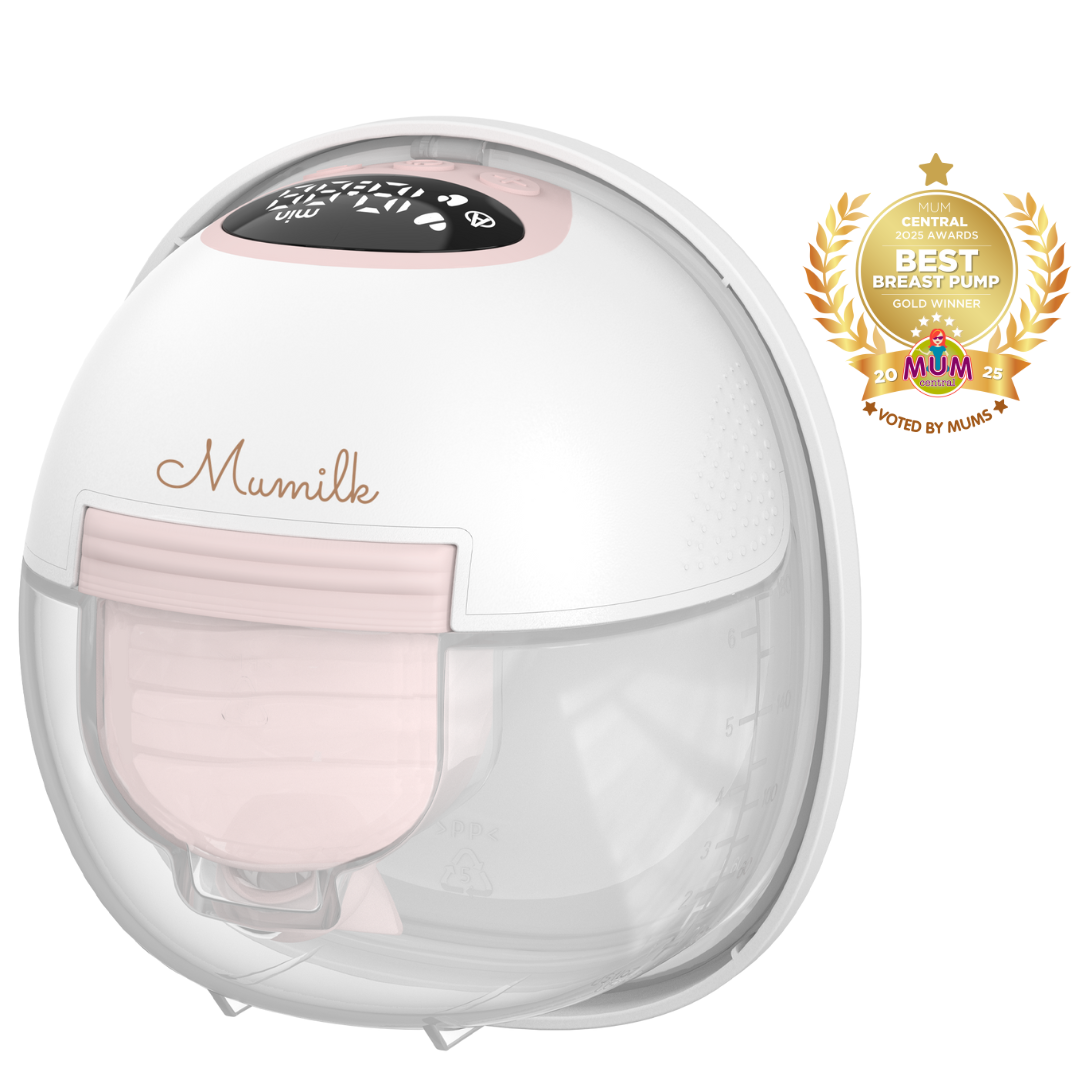
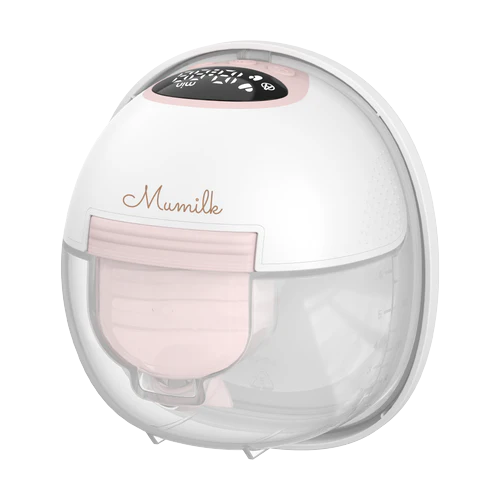
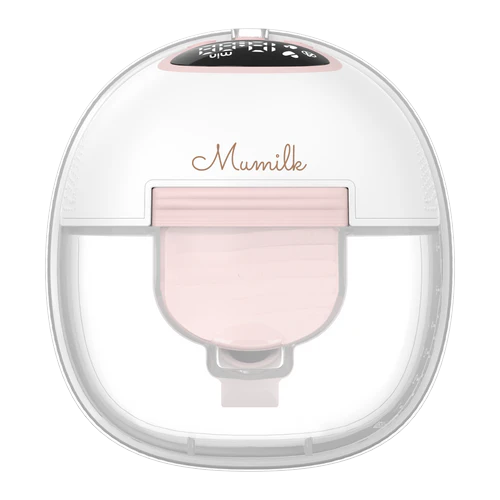
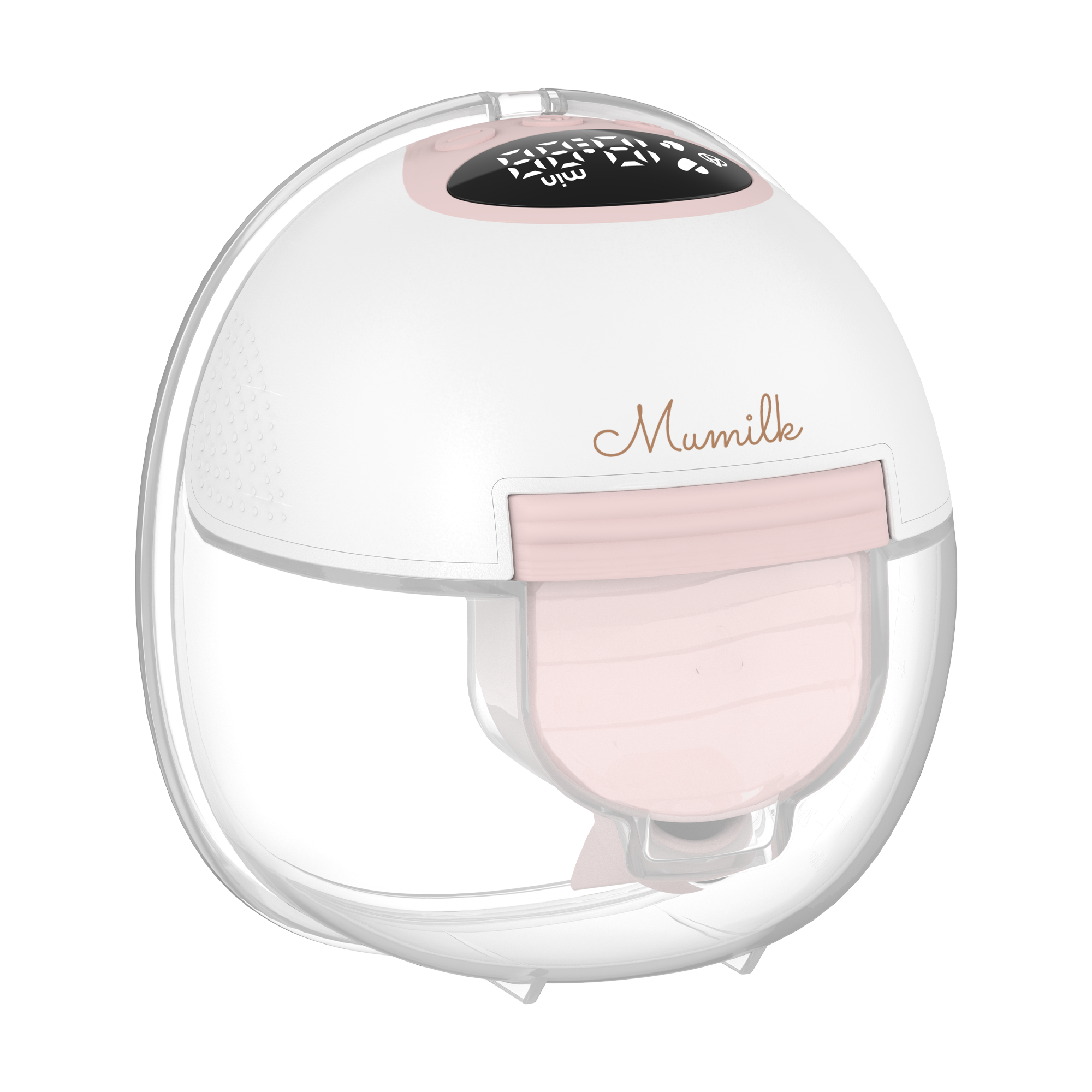


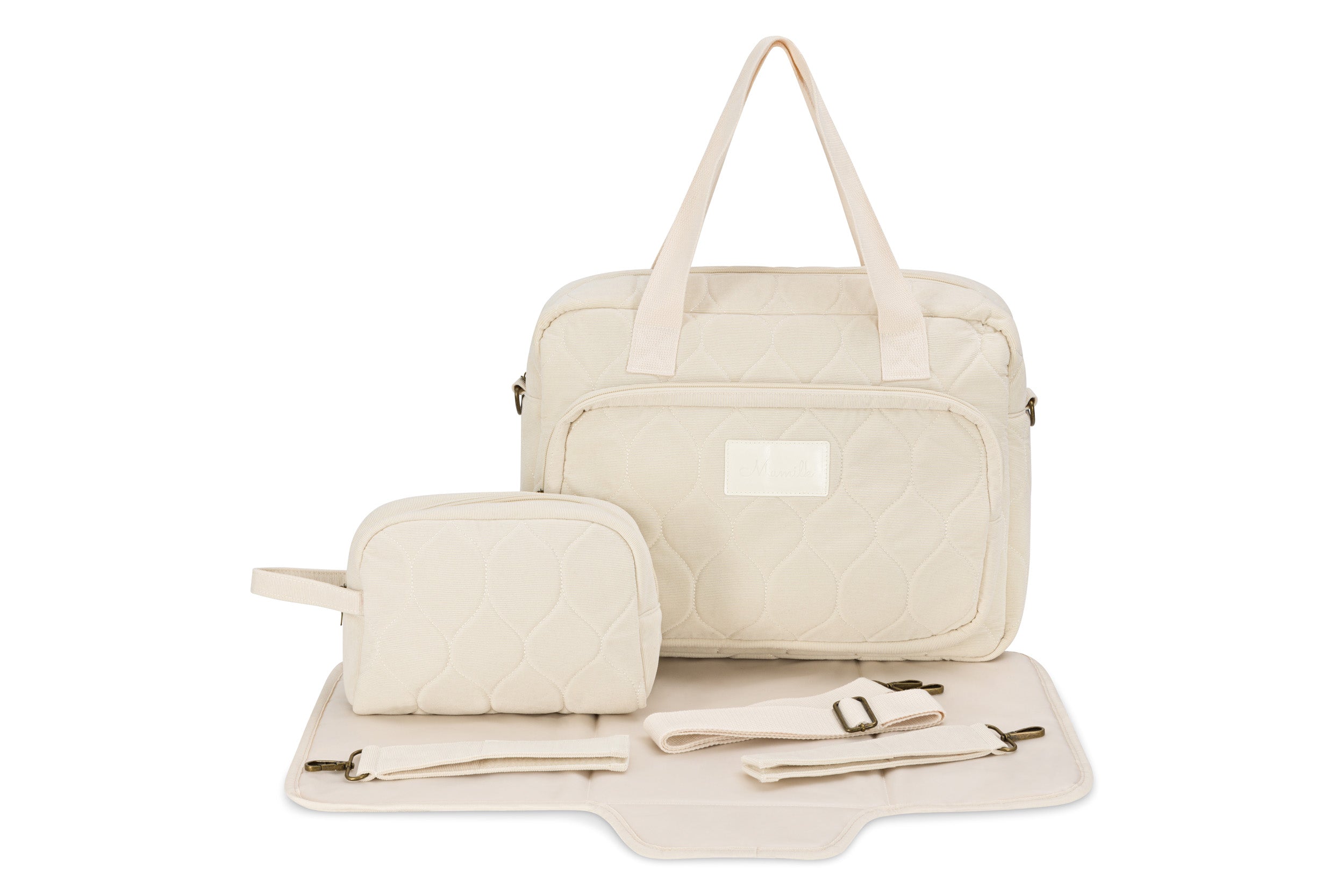
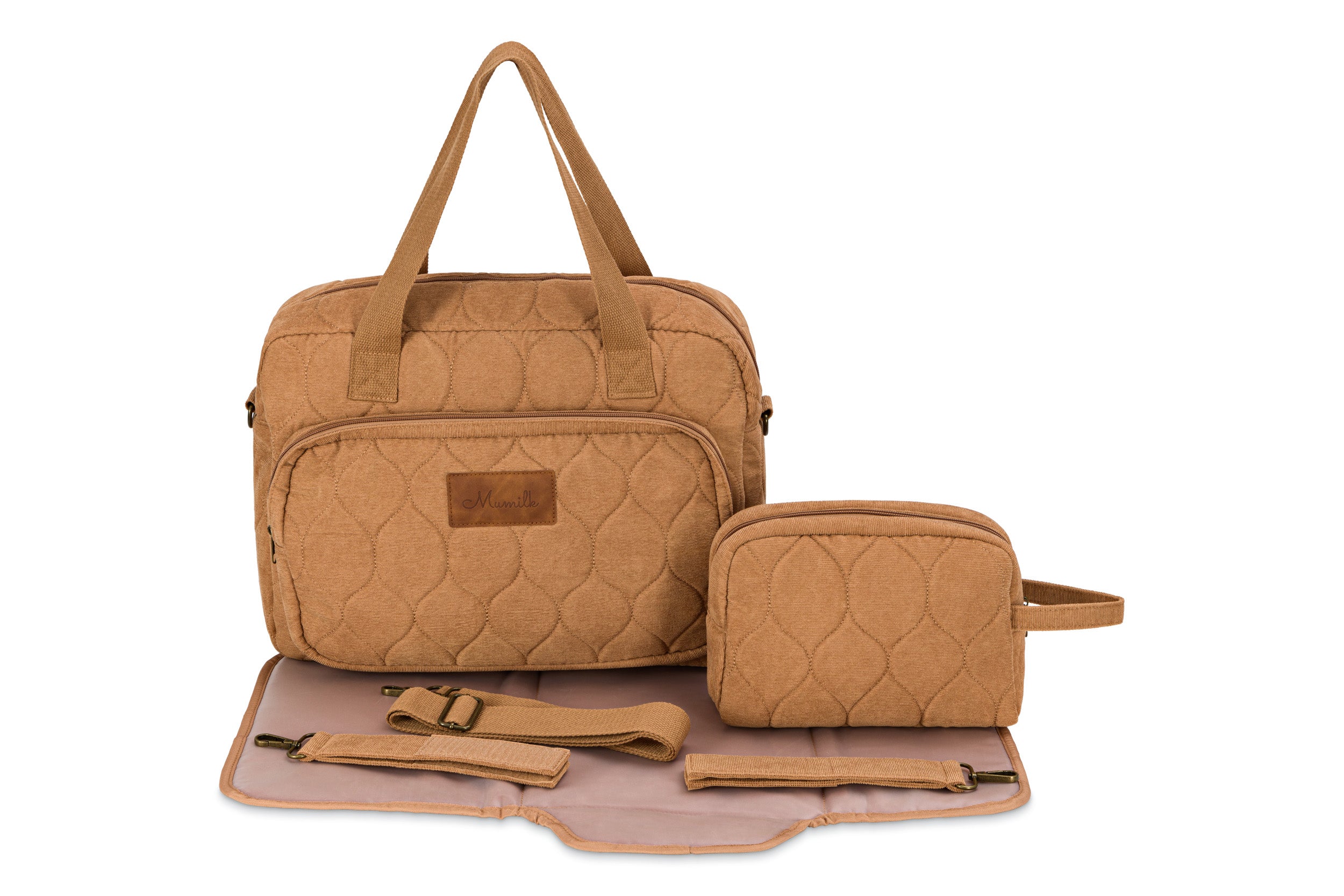
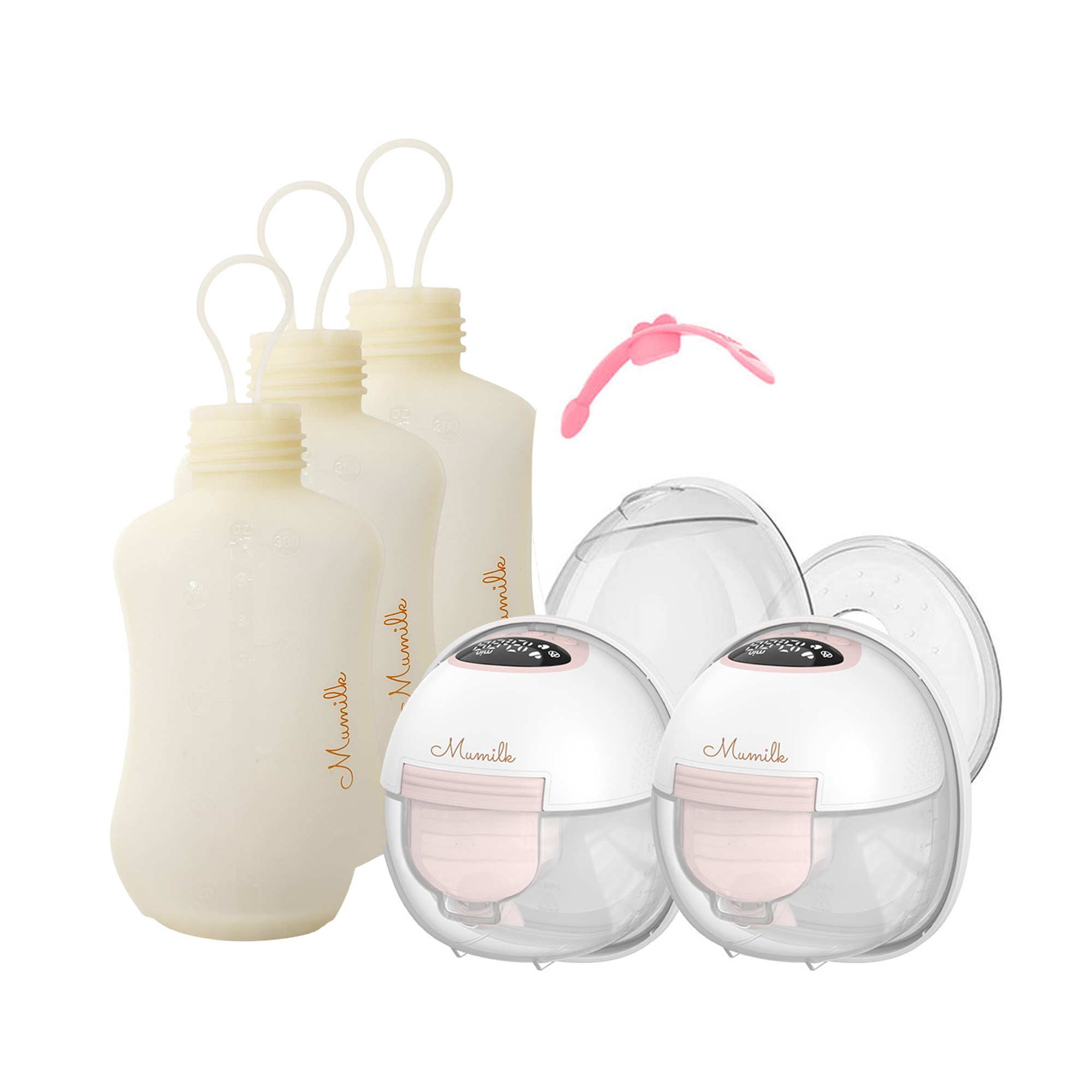
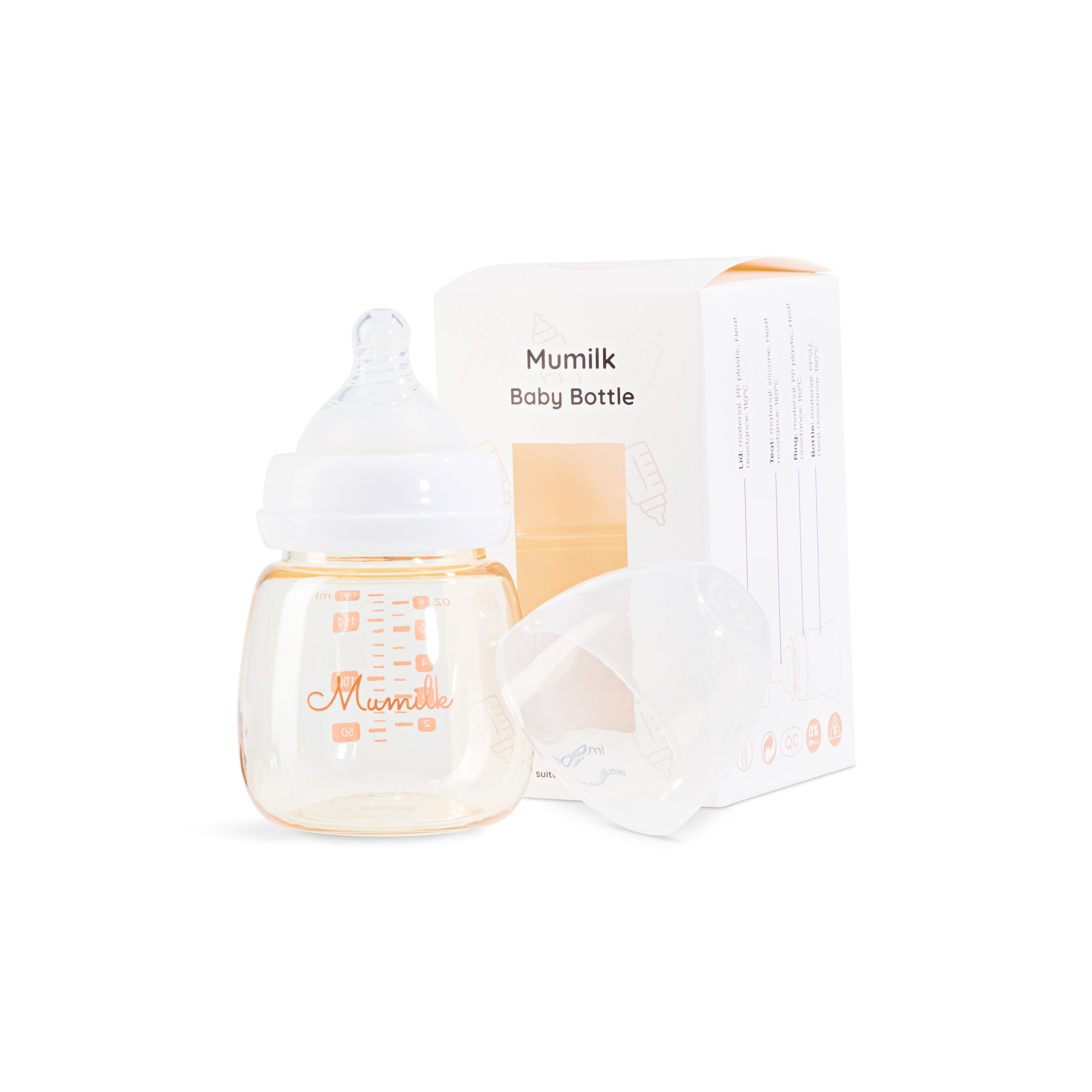
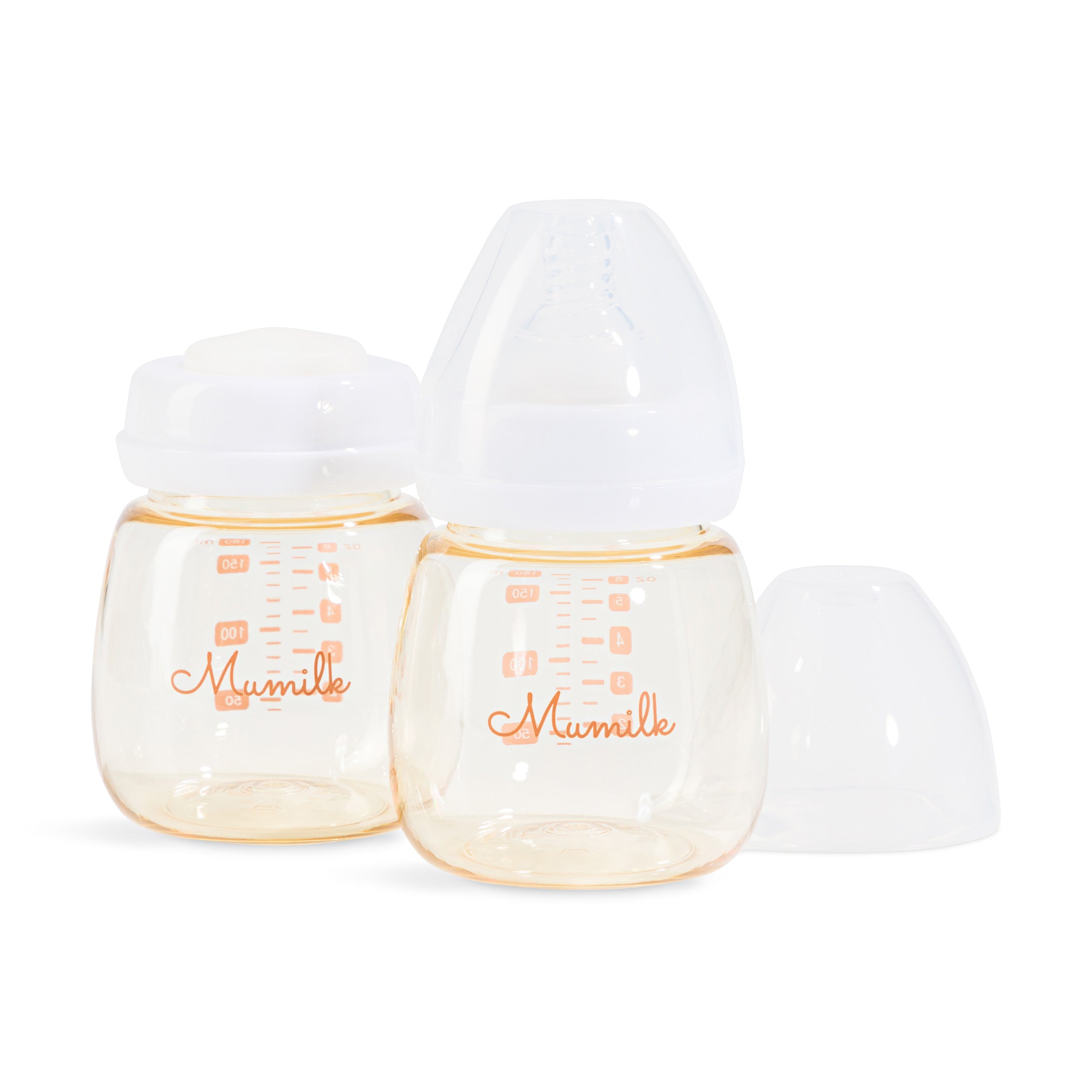
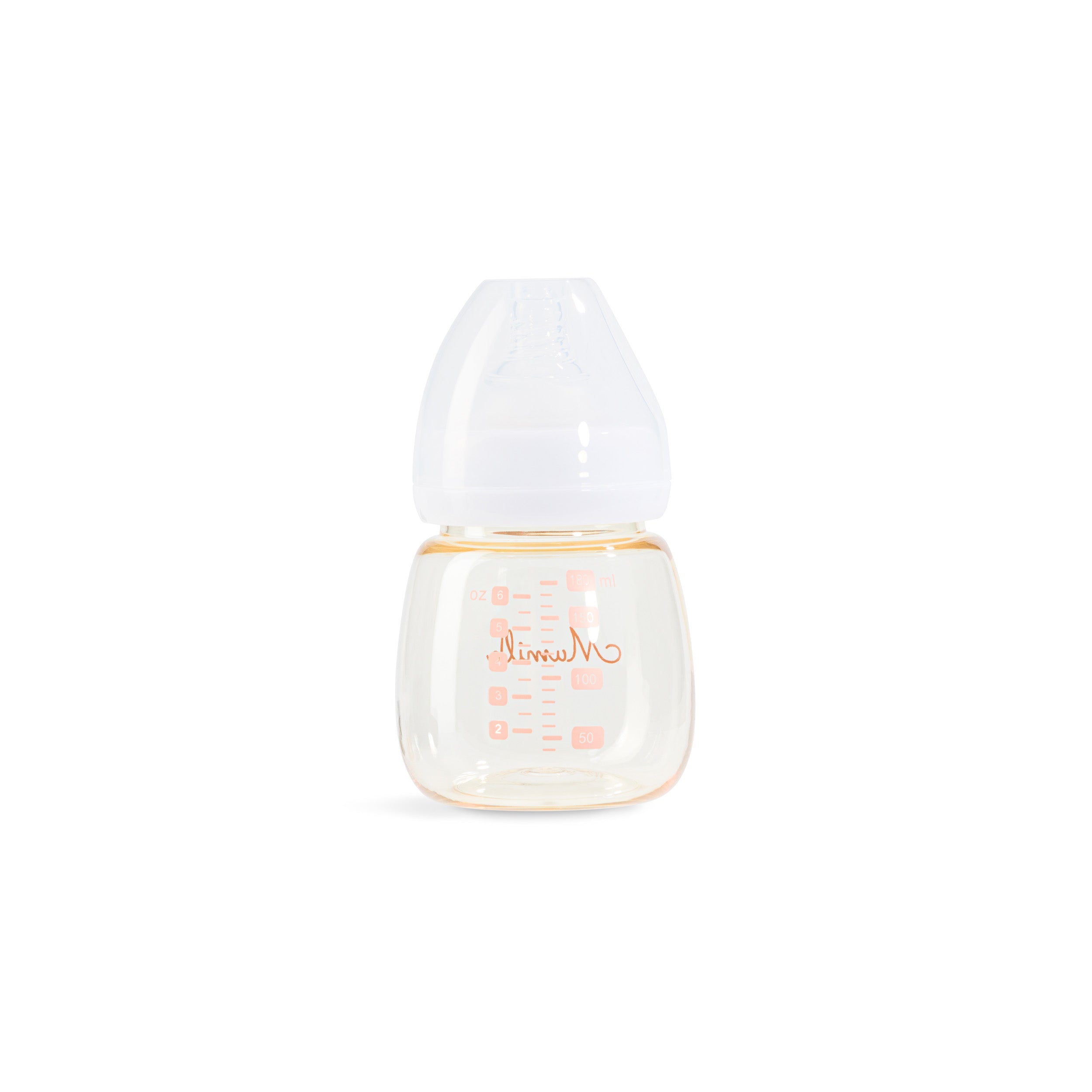
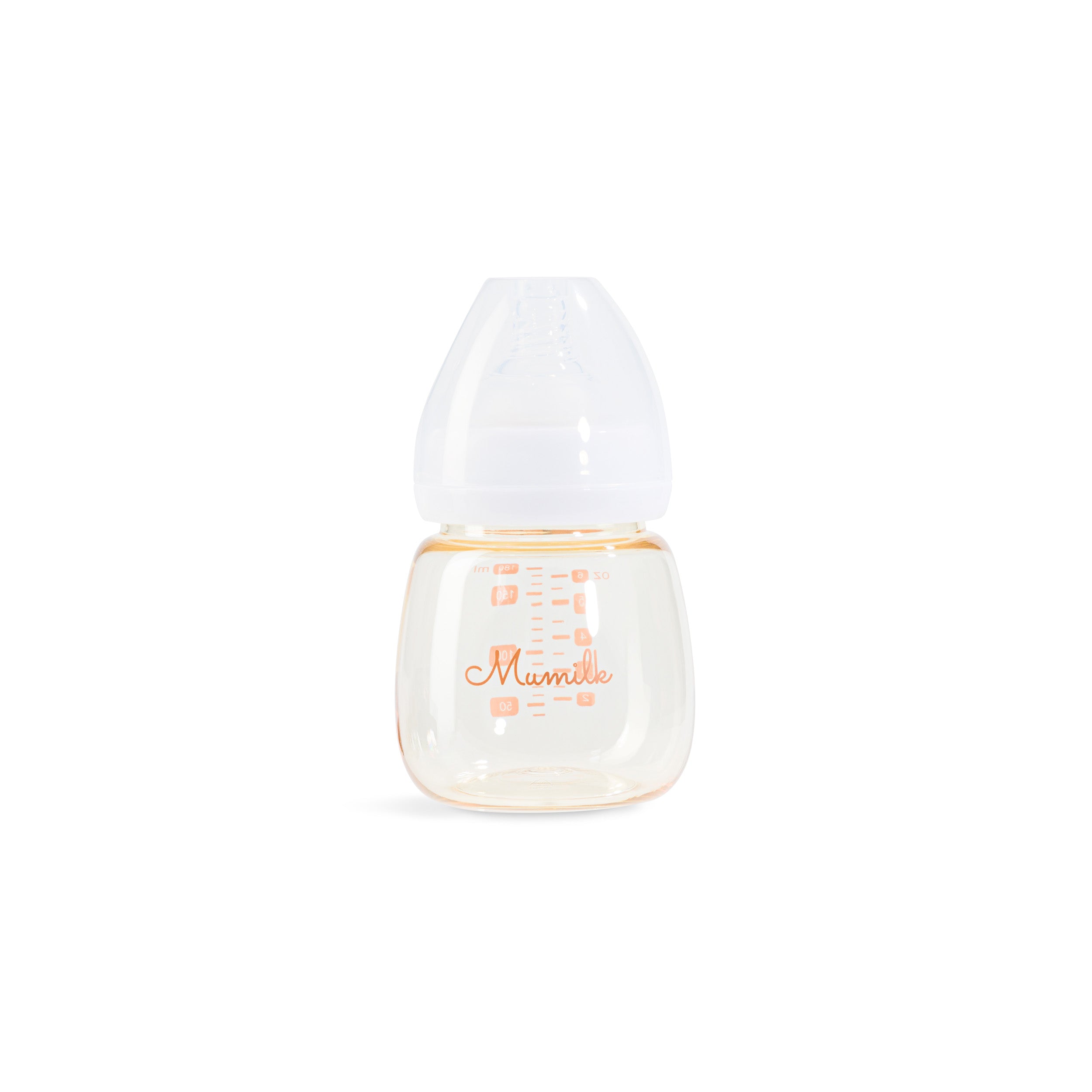
Share:
How to Get Baby to Take Dummy
What to Pack in a Hospital Bag (with Checklist)